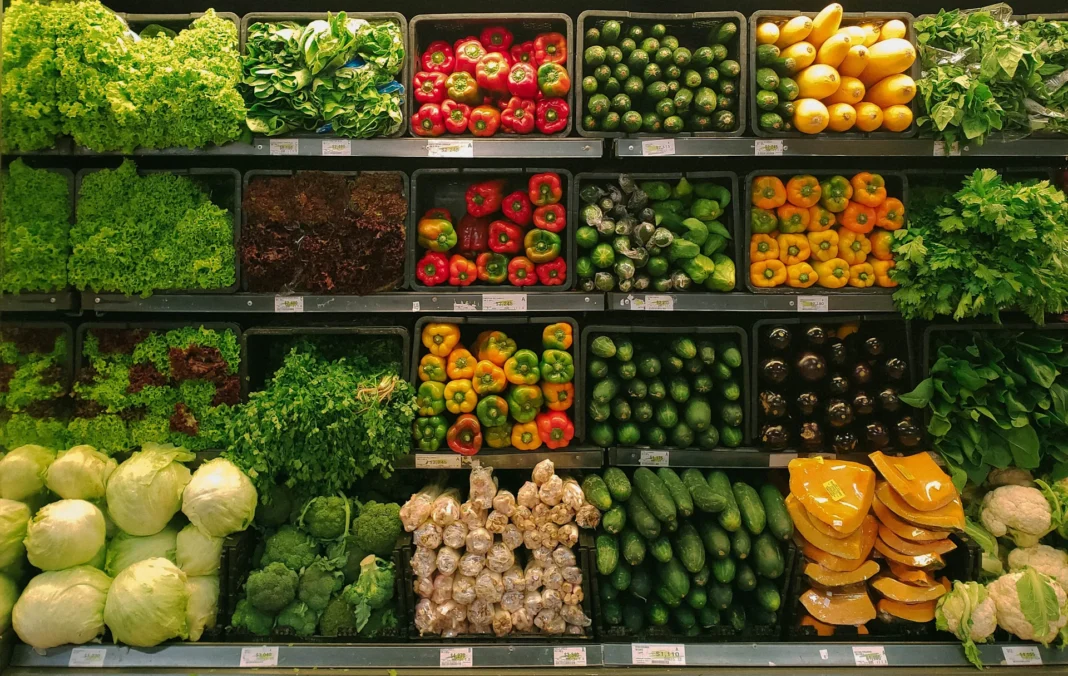The Iraqi agriculture policy took a new turn today as the Ministry of Agriculture banned 44 imported products. The decision, announced Wednesday, follows the agricultural calendar and reflects an abundance of local supply. With markets stable, the ministry acted to protect domestic producers.
Undersecretary Mahdi Seher Al-Jubouri explained that the move secures fair returns for Iraqi farmers. He stressed that covering production costs and ensuring profit margins remain the main goals. Moreover, he highlighted that despite drought and water shortages, farmers have adapted. Many now use modern drip and fixed irrigation, which improved yields and boosted overall supply.
Consequently, the country now enjoys a surplus of fruits, vegetables, and animal products. In response, the ministry is considering exporting the excess. Al-Jubouri said such a plan would stabilize local prices and open new markets for producers. He emphasized that farmers deserve continued support to sustain this growth.
Additionally, the ministry intends to impose customs tariffs on many agricultural imports. These tariffs will ensure price competition focuses on quality rather than volume. According to Al-Jubouri, this approach creates balance and prevents imported goods from undercutting local products.
However, he also warned that the policy requires strong border enforcement. Authorities must monitor all crossings carefully to prevent smuggling. He insisted that without strict control, imported products could still enter and weaken domestic gains.
Transitioning from protection to opportunity, the ministry views surplus output as a chance for global reach. Exports, Al-Jubouri argued, will transform Iraq into a competitive supplier. Farmers will then benefit not only from secure local sales but also from international demand.
The Iraqi agriculture policy illustrates a broader strategy of food security and economic independence. By boosting production, limiting imports, and preparing for exports, Iraq sets a new course for its agricultural sector.
For citizens, the impact will be visible in stable food prices and stronger national products. For farmers, the rewards include fair profits and recognition of their resilience. Ultimately, the Iraqi agriculture policy marks a decisive step toward sustainable growth and economic stability.



